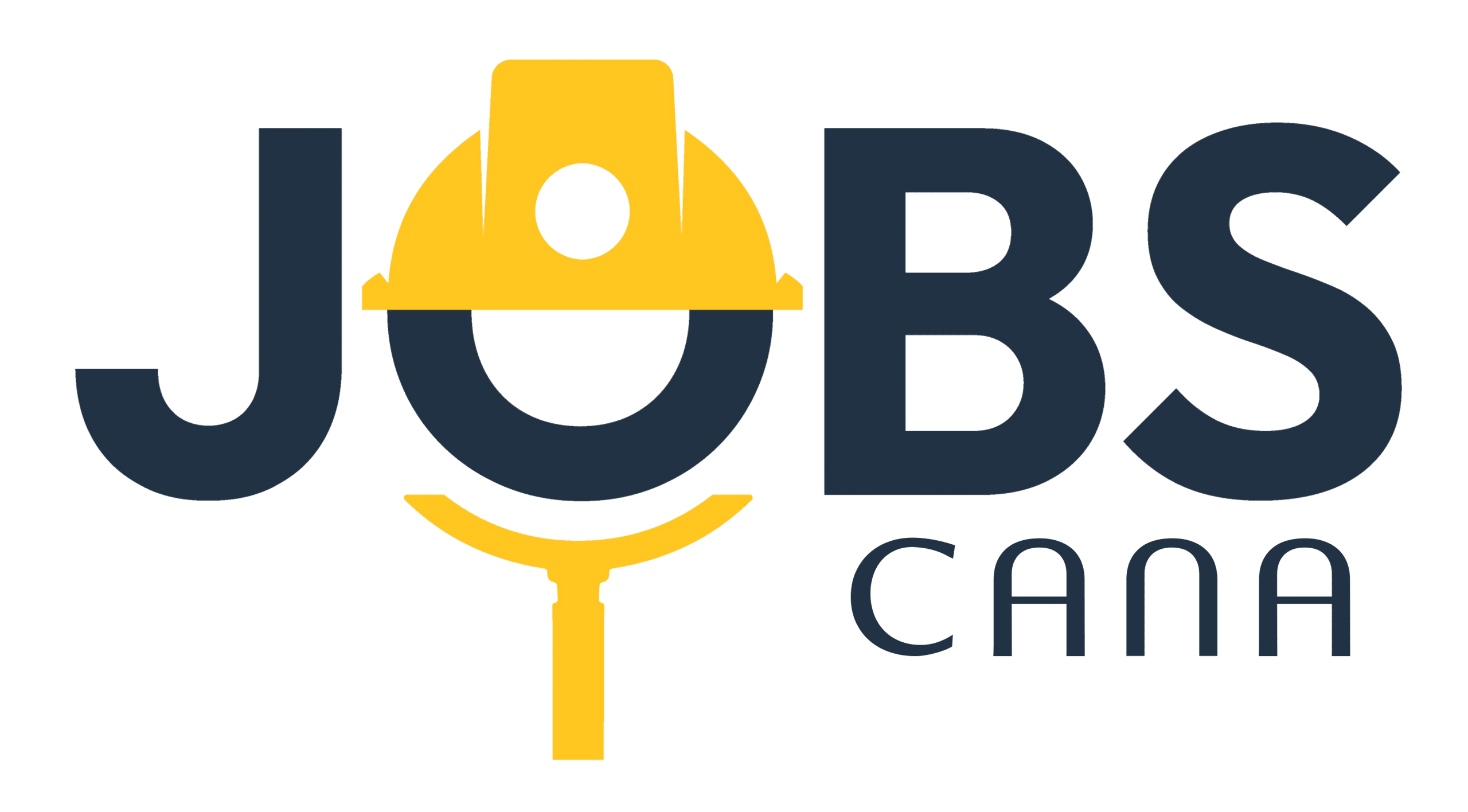Facing a financial downturn can be daunting, but taking proactive steps can make a significant difference. In this guide, we will explore how to prepare for a financial downturn. With careful planning and strategic actions, you can safeguard your financial future and weather any economic storm. Let’s dive into the essential strategies.
Assess Your Current Financial Situation
Understanding your current financial situation is crucial when preparing for a financial downturn. Start by gathering all your financial documents, such as bank statements, credit card bills, and loan agreements. This will help you get a clear picture of your overall financial health.
List all your sources of income and categorize your expenses into fixed (e.g., rent, mortgage, utilities) and variable (e.g., groceries, entertainment, dining out). Calculating the total of both will reveal your net monthly cash flow. Make sure to pay attention to areas where you might be overspending or have opportunities to save.
Next, evaluate your debt. Rank your debts from highest to lowest interest rates. Consider strategies for debt reduction, such as the debt avalanche or debt snowball methods, to manage and ultimately reduce your debt more efficiently. Knowing this will allow you to make more informed decisions about repayments, savings, and investments during tough times.
Finally, assess your assets. Review any savings, investments, or valuable possessions that could be liquidated if needed.
Having a thorough knowledge of your assets
will help you understand what resources you can rely on in case your income decreases significantly during a financial crisis.
Create a Detailed Budget Plan

A detailed budget plan is crucial when preparing for a financial downturn. Start by organizing your expenses into essential and non-essential categories. Essential expenses include housing, food, utilities, and healthcare. Non-essential expenses cover dining out, entertainment, and subscription services.
Next, project your income and compare it against your essential expenses. Ensure you prioritize payments for necessities like rent or mortgage and groceries. Track your spending to identify patterns and areas where you can cut back.
Furthermore, use budgeting tools or apps to help you stay on track. Tools like spreadsheets, mobile applications, or financial software can give you a clearer picture of your financial situation. Adjust your budget regularly to reflect any changes in income or expenses. This proactive approach can help you manage your finances more effectively during uncertain times.
Build an Emergency Fund
Building an emergency fund is crucial for financial stability during an economic downturn. It acts as a financial cushion that can cover unexpected expenses such as medical bills, car repairs, or job loss.
Start by setting a realistic goal: Aim to save three to six months’ worth of living expenses. This should be enough to get you through most financial emergencies.
Automate your savings: Set up automatic transfers from your checking account to a dedicated savings account. This ensures that you consistently contribute to your emergency fund without relying on willpower alone.
Choose the right account: Consider a high-yield savings account or a money market account that offers better interest rates than a regular savings account. This helps your money grow faster while remaining easily accessible.
Make building your emergency fund a priority in your budget. Allocate a portion of your income specifically for this purpose each month. Reduce discretionary spending if necessary to accelerate your savings.
Replenish the fund: If you need to dip into your emergency savings, make it a priority to replenish the fund as soon as possible. This ensures that you are always prepared for the next unexpected financial challenge.
Cut Unnecessary Expenses

Cutting unnecessary expenses can make a significant difference in your financial stability during a downturn. Start by reviewing your current spending habits and identifying areas where you can reduce costs. Cancel subscriptions that you rarely use, such as streaming services or magazines.
Reduce dining out and consider preparing meals at home. You could also limit non-essential shopping, like buying new clothes or gadgets. Look at your utility bills and find ways to cut down energy costs, possibly by using energy-efficient appliances or adjusting your heating and cooling system.
Another effective strategy is to negotiate with service providers. You might be able to secure lower rates for internet, insurance, or phone services. Additionally, consider switching to a more affordable plan that meets your needs.
Transportation costs can also be a significant expense. Explore options like carpooling, using public transport, or even biking if feasible. Finally, always compare prices and look for deals before making any purchase to ensure you’re getting the best value for your money.
Diversify Your Income Streams
Diversify Your Income Streams
One of the most effective strategies to navigate through a financial downturn is by diversifying your income streams. Relying solely on a single source of income can be risky, especially during uncertain economic times.
Consider exploring secondary income options. This could include freelance work, part-time jobs, or even starting a small business. The gig economy offers various opportunities such as ridesharing, food delivery, or online tutoring that can supplement your main income.
Investing in assets that generate passive income is another proactive approach. Look into stocks, bonds, real estate rentals, or peer-to-peer lending platforms. These investments require an upfront financial commitment but can yield returns over time.
Don’t overlook your hobbies or skills. Turning a passion into a profitable venture can be both rewarding and financially beneficial. Platforms for selling handmade crafts, digital designs, or freelance services are widely available and can provide additional revenue.
Lastly, consider education and skill enhancement. Acquiring new skills can open doors to better-paying job opportunities or entirely new career paths. Enroll in online courses, attend workshops, or obtain certifications in high-demand fields.


 Building Wealth: Long-Term Strategies for Financial Success Revealed
Building Wealth: Long-Term Strategies for Financial Success Revealed  How to Stay Financially Fit During Retirement: Tips for Success
How to Stay Financially Fit During Retirement: Tips for Success  The Role of Financial Advisors and When to Hire One: A Guide
The Role of Financial Advisors and When to Hire One: A Guide